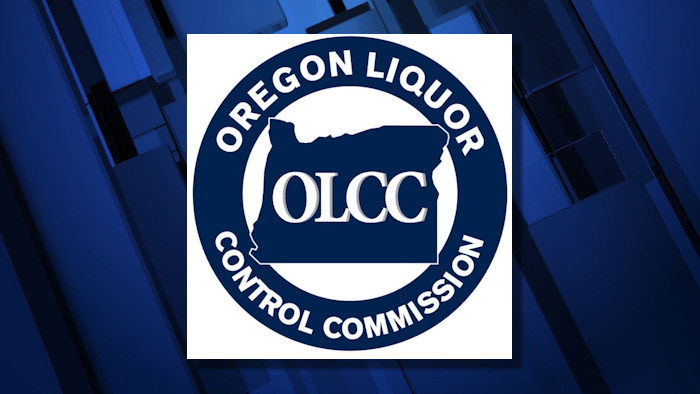OLCC liquor stores set March sales record

PORTLAND, Ore. (KTVZ) -- Oregon Liquor Control Commission liquor stores sold close to $66 million in distilled spirits in March, an almost 20 percent increase in sales compared to March 2019, and a new March sales record. December 2019 is the all-time monthly sales record for liquor, at $75.85 million.
The upsurge in sales from agent-operated liquor stores is attributed to changes in consumer behavior due to the COVID-19 pandemic. Specifically, liquor consumption has shifted from sit-down bars and restaurants to consumers purchasing distilled spirits by the bottle for at -home consumption.
March liquor sales figures show the shift from bar and restaurant licensees to consumers. Licensee sales were $6.4 million in 2020, compared to more than $13.7 million in March 2019, a drop of 53 percent. In comparison, consumer liquor sales increased from $41.2 million in March 2019 to $59.5 million last month, a 44 percent increase.
OLCC liquor stores have issued more than $500,000 in refunds to 94 licensees (bars and restaurants) for returned liquor. The value of store inventory – unsold product – at liquor stores increased from $67.5 million to $78.6 million.
“These numbers may be alarming to those concerned about alcohol dependency, but it reflects the shift in consumption, not an increase in consumption,” said Steve Marks, OLCC Executive Director.
The rise in liquor sales mirror the shipping volume increase from the OLCC’s Milwaukee warehouse to retailers across the state during March. The OLCC shipped 367,563 cases of distilled spirts in March 2020 compared to 278,407 in March 2019, a 32 percent increase.
The OLCC had two record-shipping days in March with 26,685 cases shipped on March 19, the largest shipping day in OLCC history and a 117% increase over the same day in 2019; the second-largest shipping day in agency history was recorded March 18, when 22,547 cases were shipped. Shipments have now dipped below normal levels.
“We appreciate our warehouse employees and liquor store agents across the state for being nimble enough to adapt to the new business model imposed by the COVID-19 pandemic,” Marks said. “Despite operating with less staff, and being open shorter hours, the combined efforts of liquor store agents are continuing to provide service while also generating an important source of revenue for the state during a time of limited economic activity.”